Understanding Liver Cancer
The liver, located in the upper right side of the abdomen just beneath the diaphragm and above the stomach, plays a crucial role in the body. It filters blood, processes chemicals into forms that are easier for the body to absorb, and performs vital metabolic functions.
Due to its constant filtration of blood, the liver is particularly vulnerable to cancer cells that may spread through the bloodstream. If left untreated, liver cancer can become life-threatening.
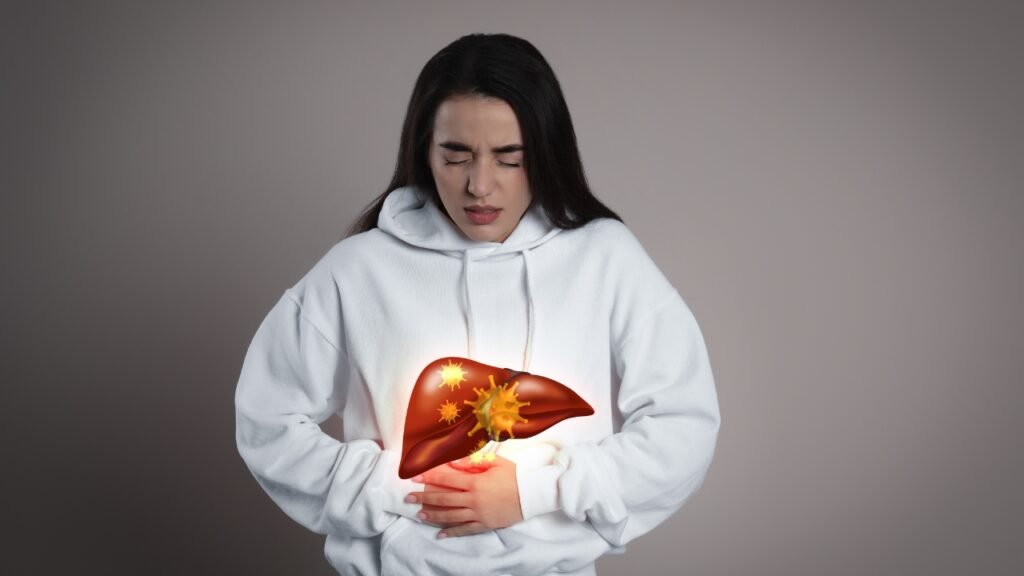
What Causes Liver Cancer?
Several factors can contribute to the development of liver cancer, and a thorough diagnosis by an Ayurvedic cancer specialist is essential to understand the root cause and plan an effective treatment strategy.
One of the primary triggers is chronic infection with Hepatitis B or C viruses, which can lead to long-term liver inflammation and damage. Excessive alcohol consumption over time also significantly raises the risk by promoting liver scarring (cirrhosis), which often precedes cancer.
Genetic disorders like hemochromatosis, where excess iron builds up in the body, can severely damage the liver and lead to cancerous growths. Obesity, fatty liver disease, and type 2 diabetes are additional risk factors, as they cause persistent metabolic stress and inflammation in the liver.
Another critical cause is DNA mutation in liver cells. DNA provides instructions for how cells function, and when mutations occur, they can lead to uncontrolled cell division, eventually forming tumors.
Environmental factors also play a role. Exposure to aflatoxins, toxic substances produced by molds growing on improperly stored grains and nuts, can increase the risk of liver cancer when these contaminated products are consumed.
In many cases, liver cancer develops alongside underlying conditions like cirrhosis, making early detection and management vital.

Different Types of Liver Cancer?
Liver cancer can arise in several different forms, each with its own unique characteristics and causes:
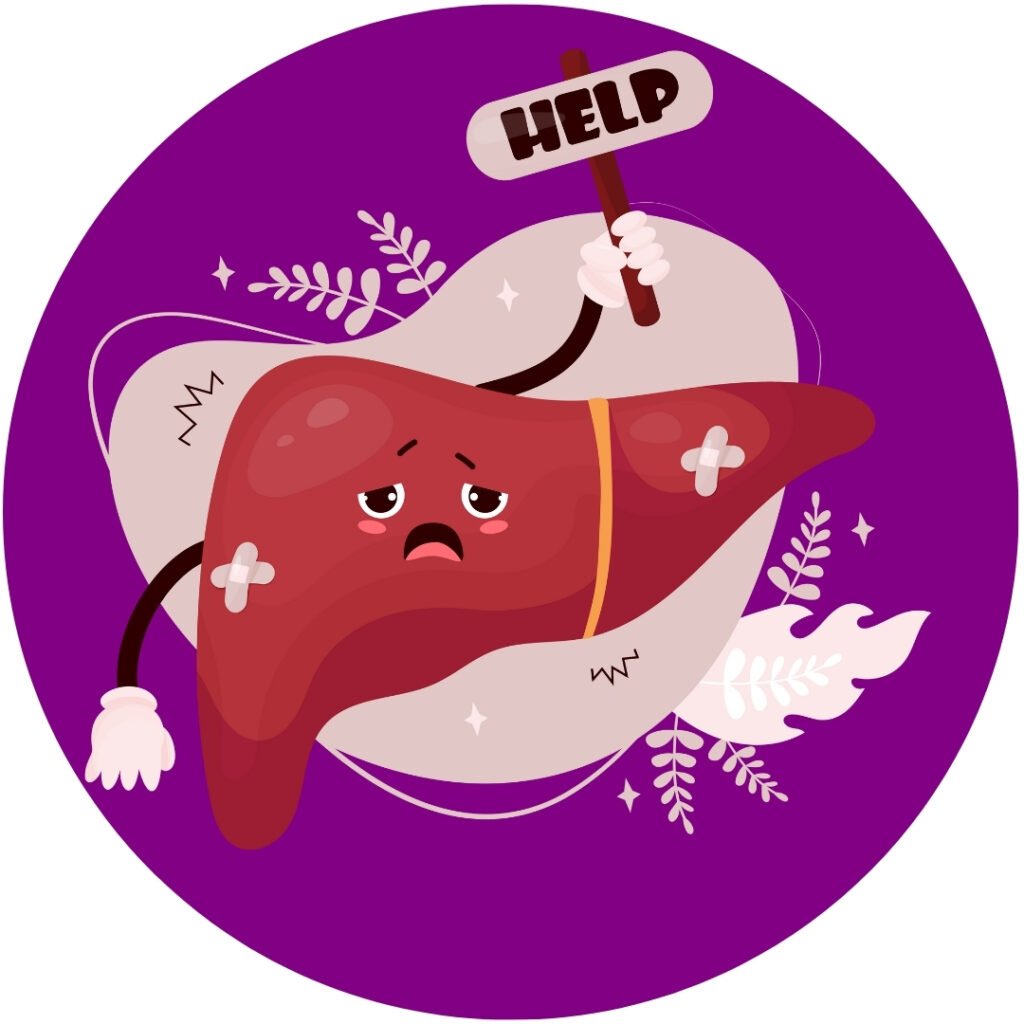
Hepatocellular Carcinoma (HCC)
Hepatocellular carcinoma is the most common type of primary liver cancer, often developing in individuals with chronic liver diseases such as cirrhosis caused by hepatitis infections, alcohol abuse, or non-alcoholic fatty liver disease. It originates in the main liver cells, known as hepatocytes, and tends to grow and spread rapidly if not detected early.
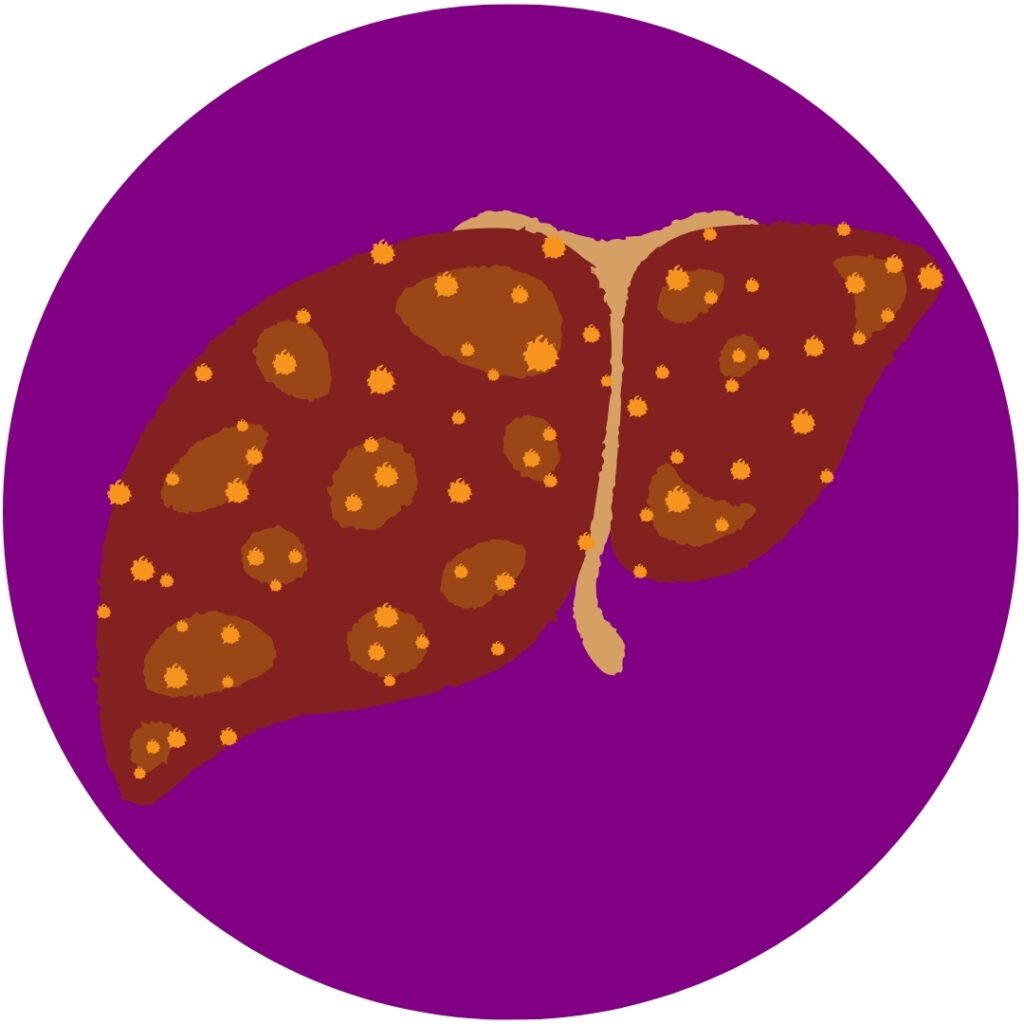
Cholangiocarcinoma (Bile Duct Cancer)
Cholangiocarcinoma is a rare but aggressive cancer that begins in the bile ducts, which are responsible for transporting bile—a fluid essential for digesting fats. Because it often remains asymptomatic until advanced stages, it is usually diagnosed late, making treatment more challenging.
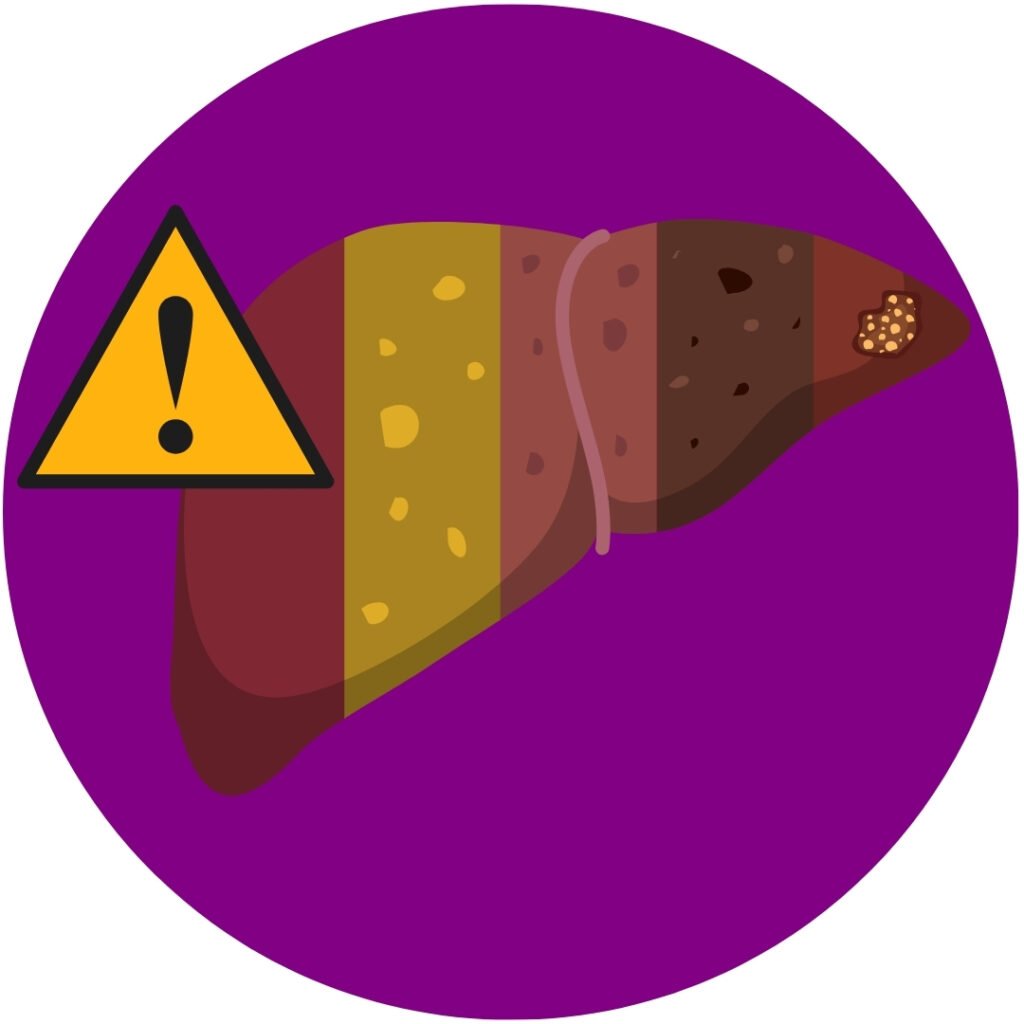
Angiosarcoma
Angiosarcoma of the liver is an extremely rare and aggressive cancer that arises from the blood vessels within the liver. This type can spread swiftly to other parts of the body, often making early diagnosis critical for better management.
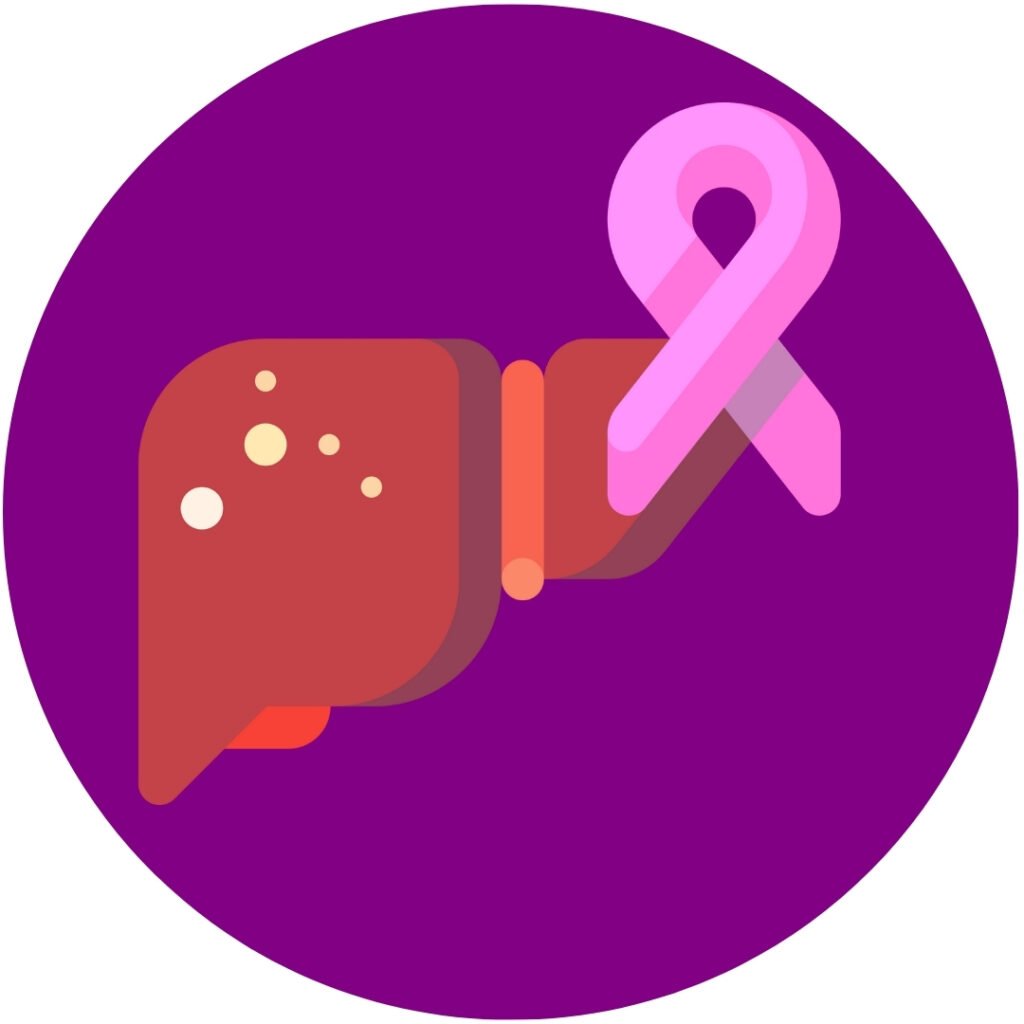
Benign Liver Tumors
Not all liver tumors are malignant. Several benign tumors can form in the liver, including:
Hepatic adenoma
Hemangioma
Liver cysts
Lipoma
Focal nodular hyperplasia
Leiomyoma
Fibroma
Possible Complications of a Liver Cancer?
Hepatocellular carcinoma (HCC), the most common type of primary liver cancer, can lead to several serious complications as it progresses.
A New Approach to Cancer Healing
at Raghavan Cancer Care
At Raghavan Cancer Care, treatment goes beyond just managing cancer — it’s a complete journey toward physical, emotional, and spiritual wellness.

Metabolic Healing
Dr. Raghavan follows a powerful method inspired by Dr. Thomas Seyfried, focusing on the unique way cancer cells use energy. By supporting the body through special approaches like a ketogenic diet, this method offers a fresh direction in cancer care rooted in metabolic understanding.

Mind-Body Balance
Taking inspiration from Dr. Joseph Mercola, our care also emphasizes the deep link between the mind, body, and spirit. At Raghavan Cancer Care, we believe that emotional and spiritual support is just as important as physical treatment in the healing process.
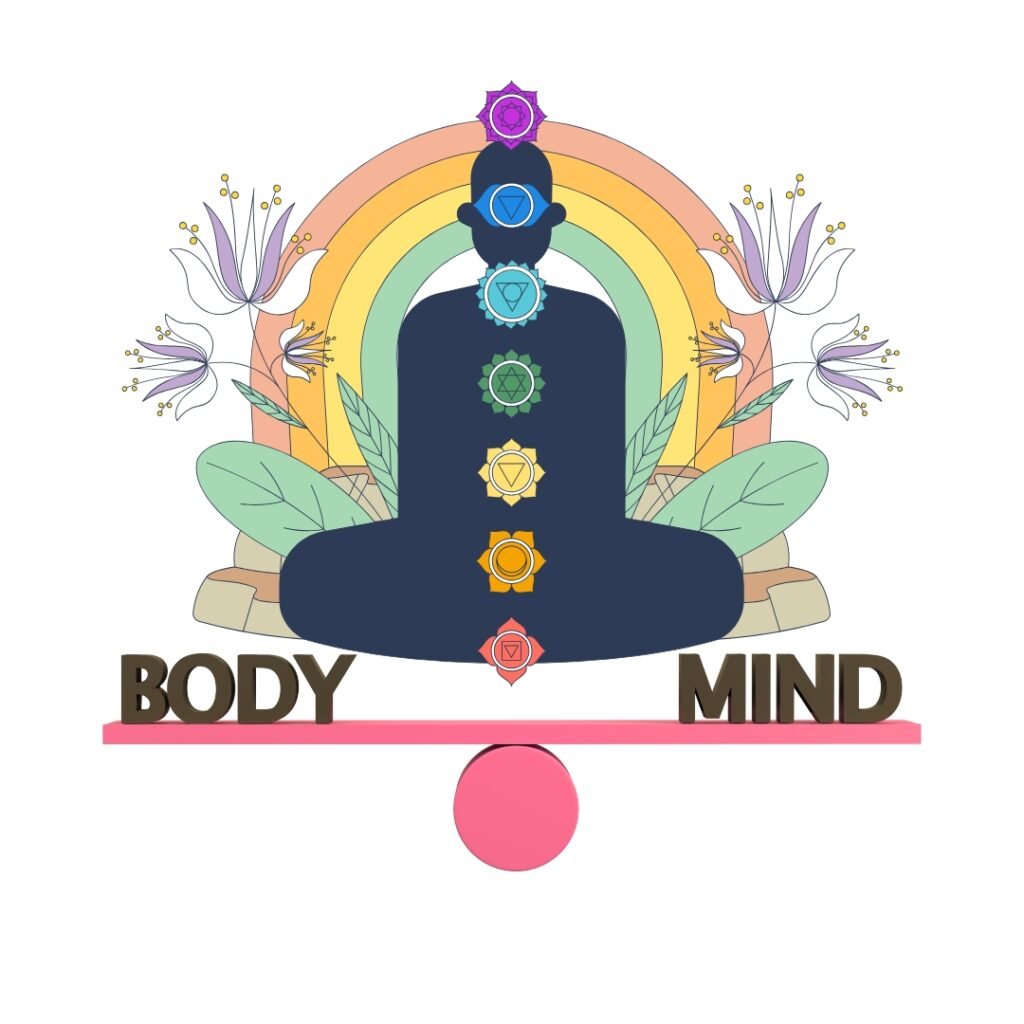
Food as Medicine
Dr. Wallach’s nutritional guidance has shaped our strong focus on diet. We promote clean, nutrient-rich meals and personalized nutrition plans to help strengthen the body and support recovery naturally.
